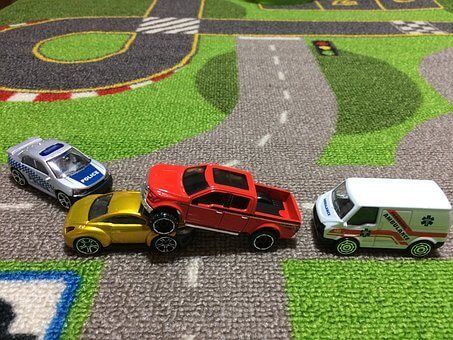
If you’ve been in an accident here in Virginia, it’s in your best interest to preserve evidence in your case to prove how your accident happened, the injuries you sustained, and the recovery you were forced to make. However, Virginia recently clarified that it’s not only in your best interest, but it’s now the law.
Virginia’s Spoliation of Evidence Rule.
Under Virginia Code Section 8.01-379.2:1, “[a] party or potential litigant has a duty to preserve evidence that may be relevant to reasonably foreseeable litigation.” What this means is, if you are involved in potential litigation, you need to preserve the evidence in your case. Because car accident cases often result in litigation, it’s best to be safe to comply even if you don’t think “you’d ever go to court.”
Can this Spoliation Rule be a bad thing?
While this rule is new, we won’t be surprised if insurance companies attempt to use this rules to punish injury victims. Take a moment to read the details of this statute, and you’ll see that, if a court finds a violation of this rule, it can hurt you in court. Based upon the circumstances, relief granted can be as serious as presuming the lost evidence was bad for your case or even dismissing the case outright.
So you must take this rule seriously.
Well, James, how is this a good rule?
Just as injury victims are required to preserve evidence, the same rule applies to the party that caused your injury. And if they violate it, it can lead to the same serious consequences.
So, what evidence should I preserve?
There is no exhaustive list here, but we think making common sense efforts is always a best bet. And when there’s a question, just save it!
Such evidence would include the following:
- Accident photos of property damage to your vehicle
- Video & audio evidence of the accident
- Physical evidence
- Written communication made as a result of the accident, such as texts and emails to friends and family
- Social media posts
- Medical records and bills relating to treatment for the accident
- Documents which would establish lost wages
Keep in mind, the preservation of evidence also applies to BAD evidence. For instance, if you decided it was a great idea shortly after the accident to make a social media post that may hurt your case, under this law, you must preserve that evidence. Yes, it may hurt your case. But simply put, it’s the law.
However, from an honesty standpoint, we recommend it regardless. Particularly, if you want to work with Abrenio Law. We feel that ethical and honest behavior is the best way to litigate cases, and we demand the same thing from our clients.
Still have questions?
Make sure to check out our Personal Injury & Criminal Defense Practice Pages where we’ve answered many other questions you likely have. James Abrenio is a Fairfax-Based Personal Injury & Criminal Defense attorney who practices throughout Northern Virginia. You can learn more about James Abrenio, some of our Prior Results, and Read Our Reviews. Make sure to contact us at Ph. 703-570-4180 for your Free Consultation.
